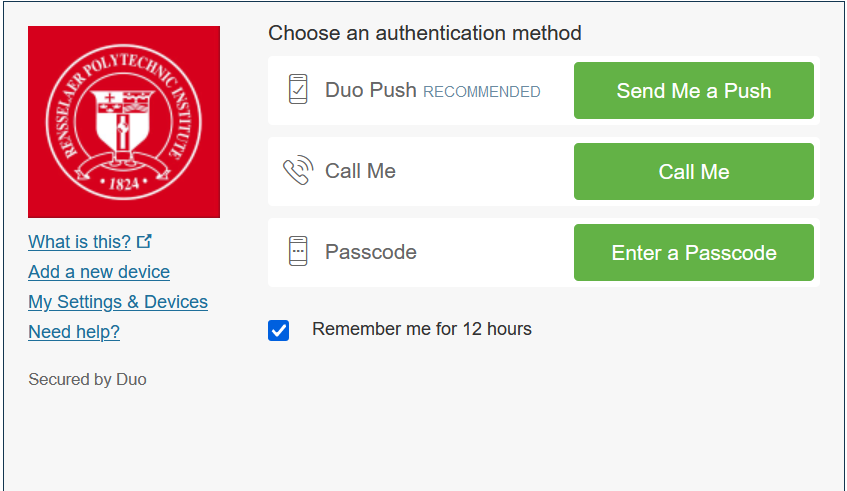The pandemic is over; we should move on
Two weeks ago, I received the most pleasantly surprising news I could recall during my two and half years at RPI: classes would be in-person this semester. The continuation of in-person instruction is the obvious, and only, logical course of action. There is no justification at this point in time for the continuation of online-only classes. We are no longer in a public health emergency. The pandemic is over.
Despite the high number of COVID-19 cases in hospitals, the situation is not akin to previous waves with similar numbers. It is estimated now that between 20 and 60 percent of COVID-19 ‘hospitalizations’ across the country are patients who enter a hospital for a non-COVID-19 reason and just so happen to have COVID-19. According to Ali H. Mokdad, chief strategy officer for population health at the University of Washington in Seattle, “About 75 percent of our COVID-19 admissions didn't come in for COVID. They came in because they had a heart attack or other condition, or they needed surgery, and we tested them and they tested positive for COVID-19. So, that's why we are seeing hospitalizations going up. But in reality, the majority of people are coming for another reason and [are] asymptomatic with COVID.”
The director of the CDC, Rochelle Walensky, has stated that while the vaccine continues to provide protection against the harmful effects of COVID-19, it no longer prevents transmission of the virus. Dr. Anthony S. Fauci, Chief Medical Advisor to the President, told a panel of lawmakers in January that the omicron variant “will ultimately find just about everybody.” Attempting to wait it out until the cases disappear is wishful thinking at best. In the history of human infectious diseases, only two infectious diseases, smallpox and rinderpest, have ever been completely eradicated, something that Dr. Fauci said “is not going to happen with this virus."
Some may point to Tonga or New Zealand as examples of successfully eliminating the virus, a strategy commonly referred to as ‘COVID-zero.’ What one must realize is that COVID-zero is an untenable situation. While Tonga and New Zealand have largely been spared of the virus these last two years, these countries lack any substantial herd immunity against the virus. In order to achieve COVID-zero, countries like Tonga and New Zealand have relied upon significant travel restrictions. These drastic measures carry real consequences, as can be seen in the logistical difficulties facing the aid missions to Tonga following the volcanic blast and tsunami that hit the small island nation. Australia successfully kept out the virus through 2020 and 2021, but this last month has experienced upwards of 175,000 cases as omicron raged through the population. Kiribati, a Pacific island nation, had been able to keep out the virus by closing its borders. The country began opening up this month and on one of the first flights to arrive nearly half of the 54 passengers have tested positive, prompting an outbreak. 181 cases have been recorded as of January 28. This all despite every passenger on board being tested three times in nearby Fiji, required to be vaccinated, and put in quarantine with additional testing upon arrival.
COVID-19 is here to stay and unless you plan to hide forever, you are going to have to confront the virus eventually. Getting sick sucks. But you know what else sucks? Missing out on years of your life for the almost certain-to-fail quest of eternally avoiding COVID-19.
Online classes are simply not as effective as being in-person. Beyond the countless studies to show this, it is all the more evident to anyone who has experienced it. I can personally attest that, despite maintaining decent grades while online, that hasn’t translated to an understanding of the material. The virtual environment just didn’t facilitate learning like being in a physical classroom did.
There is no reason why some number of weeks or months in the future will be a better time to get COVID-19 than right now. The good news is that thanks to the mild nature of omicron and the life-saving work of the vaccines, symptoms will likely be mild. And there’s a good chance you won’t even know you had it! Estimates put the share of omicron cases that are asymptomatic to be between 85 and 95 percent.
There is no ignoring the massive human toll that the pandemic has taken. I am not arguing that COVID-19 restrictions were never justified. Two years ago we knew little about the virus, but it is no longer 2020. The vaccine has been readily available for almost a year, and anyone who wants it can get it for free. The suffering and death from COVID-19 is now concentrated amongst those who are unvaccinated, which is a minority of the general population. At RPI, this minority is even smaller given that the Institute mandated the vaccine.
For people with compromised immune systems, individuals who, for health reasons, are unable to get vaccinated, or anyone who simply has a different cost-benefit view of COVID-19 precautions, the calculus changes. Everyone’s personal health decisions are their own to make. Just as I would never demand that people take on risks they aren’t comfortable with, no one should demand that those of us who have come to terms with reality continue to unwittingly hide from the virus.

 Technology
Technology
 Student Rights
Student Rights